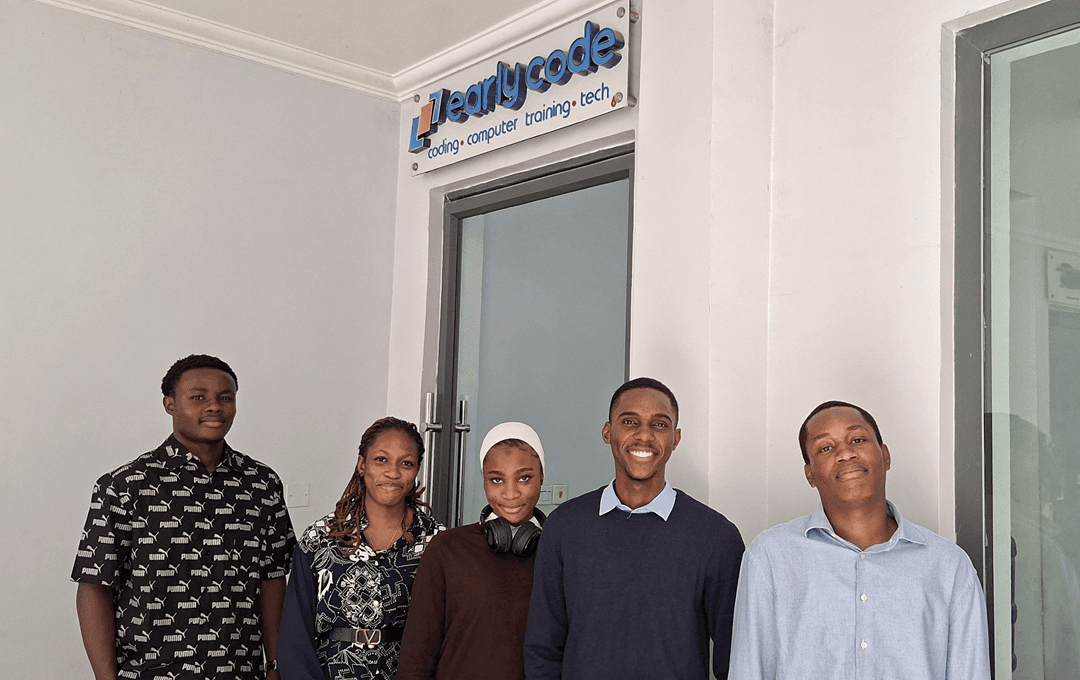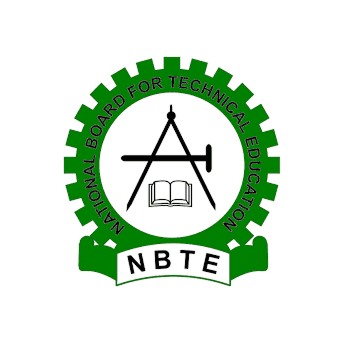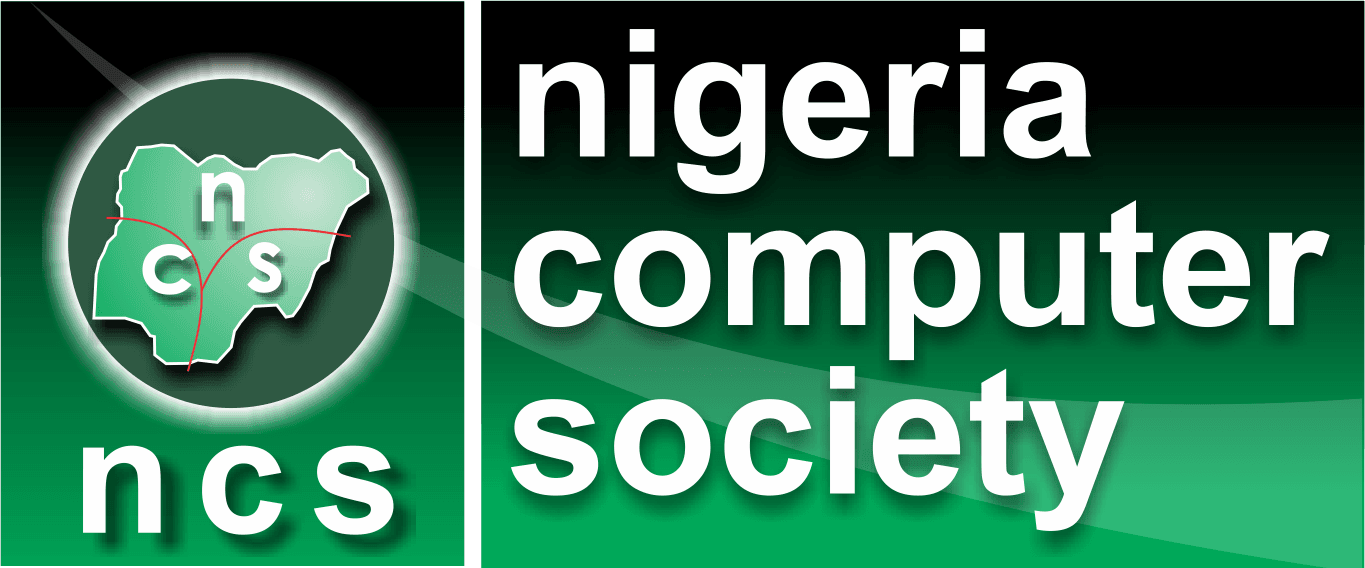Ad by early code
Gain a tech skill before graduation!
Gain access to training, mentorship, and collaboration in Early Code Institute's SIWES program
We Are Accepting Students - SIWES and IT Placement in Abuja Nigeria
Joseph Ogbu - Updated October 11, 2025

Early Code Institute provides SIWES and IT placements in Abuja, Nigeria for students of tertiary institutions who are studying computer science or other related fields.
SIWES and IT in Early Code Institute and The Benefits of the Students Industrial Work Experience Scheme (SIWES) in Nigeria
The Students Industrial Work Experience Scheme (SIWES) plays a pivotal role in bridging the gap between theoretical knowledge acquired in tertiary institutions and practical skills demanded by the labour market.
SIWES serves as a crucial component of the educational system, providing students with valuable hands-on experience in their respective fields of study. This program not only enhances students' employability but also cultivates a culture of industriousness among Nigerian youth. In this article, we delve into the benefits of SIWES and its significant contribution to shaping a skilled and productive workforce in Nigeria, and a peep into the experience of having SIWES or Industrial Training (IT) in any of the Early Code Institute training centers.
Get SIWES placement in Early Code Institute
Nyanya Learning Center
Services: Trainings, Mentorship, SIWES Placement, and Internship
How SIWES and Industrial Training (IT) Benefit Students
- Practical Skill Development
- Industry Relevance
- Professional Networking
- Enhanced Employability
- Industry-Academia Collaboration
- Economic Development
Industry Relevance
Recently, different relevant bodies in Nigeria have been making efforts to improve the Nigerian tertiary education curriculum for relevance. This is because most of the previous and current contents do not meet changes in our present world to meet the needs of different fields. The SIWES program is helping to complement the efforts of such bodies by immersing students in actual workplace environments, SIWES ensures that their training aligns with current industry practices and standards. This exposure enables students to stay updated with the latest advancements, trends, and technologies in their respective fields. Thus, SIWES enhances the relevance of education by fostering a dynamic connection between academic learning and industry demands. This benefit offers the student the most in the aspect of Industrial Training (IT).
Practical Skill Development
It is not a strange thing to mention that colleges of education, polytechnics, and universities conduct little or no practical training for the life-skill development of the students. Here, we are talking about training that equips and prepares the student for the labour market (to be employable). SIWES offers students the opportunity to gain practical experience in their chosen fields, allowing them to apply theoretical knowledge acquired in the classroom to real-world scenarios. Through hands-on training in industries, students develop essential technical skills, problem-solving abilities, and proficiency in industry-specific tools and technologies. This practical exposure enhances their competency and prepares them for the challenges of the professional world.
Professional Networking
Participating in SIWES provides students with opportunities to network with professionals, mentors, and peers within their chosen industries. Building these connections can open doors to future employment prospects, internships, and collaborative projects. Moreover, interacting with industry experts enables students to gain insights, advice, and mentorship, which are invaluable assets for their career growth and development. In Early Code Institute Abuja, we have had students who completed their SIWES program in one of our centers and were later employed by the institution. When a student is having their SIWES or IT program with us, we make deliberate efforts to ensure that the student acquires a marketable skill before the expiration of their program.
Enhanced Employability
The present-day labour might appear tough to young graduates who probably have little or no experience in their fields. One of the best ways to navigate this challenge is to gain relevant and marketable skills before graduation from a higher institution. If the student is studying a course relating to computers and technology, a technical (especially digital) skill will be most recommended.
SIWES equips students with a competitive edge in the job market by enhancing their employability skills. Through practical experience, students develop attributes such as teamwork, communication, time management, and adaptability, which are highly sought after by employers. Additionally, completing SIWES demonstrates a candidate's initiative, commitment, and readiness for the rigors of professional life, making them more attractive to potential employers.
Early Code Institute is a reliable choices for students looking for a SIWES or IT placement in Abuja for skills development.
Sixty per cent of employers do not think tertiary institutions are doing a good job of producing successful graduate employees. Sixty-nine percent of employers believe that collaboration with tertiary institutions is important, especially through participation in internship programmes, 52 percent have never collaborated with institutions in curriculum design, while 48 percent have never participated in graduate recruitment programmes with universities.- Business Day Report
Industry-Academia Collaboration
Industries, especially the private sector have so much that they could offer academic bodies and institutions. The discoveries and operating standards in different industries can be transferred to academia for educational purposes. However, this knowledge transfer does exist with the system and is carried out through the interaction among the student, SIWES Monitoring Supervisor, and the host company.
Industries, especially the private sector have so much that they could offer academic bodies and institutions. The discoveries and operating standards in different industries can be transferred to academia for educational purposes. However, this knowledge transfer does exist with the system and is carried out through the interaction among the student, SIWES Monitoring Supervisor, and the host company.
Economic Development
A skilled workforce is vital for driving economic growth and innovation. By equipping students with practical skills and industry exposure, SIWES contributes to the development of a competent and productive workforce, which is essential for advancing Nigeria's economic agenda. Furthermore, SIWES encourages entrepreneurship and innovation among students, fostering a culture of creativity and enterprise that fuels economic prosperity.
Author's Bio
Joseph Ogbu
Computer programmer, coding coach and mentorHi, I'm Joseph Ogbu! I am passionate about making entry into tech simple as it can get. My goal is to empower prospective and new developers by providing practical guidance and easy-to-follow education. Leveraging my skills in Next.js, React.js, React Native, and Google Console, and much more I offer insights and mentorship to help programmers at all levels—from absolute beginners to those looking to refine their intermediate skills—confidently grow their abilities.




